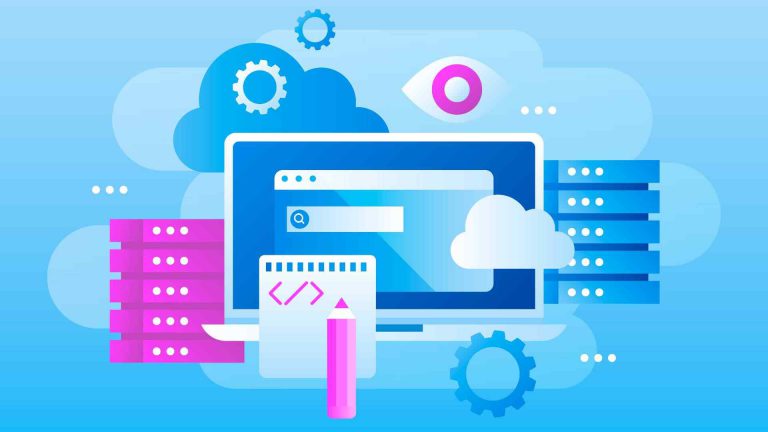Microsoft
Azure 304 is an advanced-level certification course for experienced IT professionals who are responsible for designing and implementing solutions on the Azure platform. The course is designed to provide in-depth knowledge and hands-on experience with designing and implementing solutions that leverage advanced Azure services and features. The course is designed to provide students with the skills and knowledge necessary to design and implement complex solutions on the Azure platform. It includes both theoretical and practical components, including case studies, design exercises, and lab exercises to reinforce concepts learned in the course. By the end of the course, students should be able to design and implement solutions that meet business and technical requirements using advanced Azure services and features. They should also be able to design solutions that are scalable, secure, and highly available. Azure 304 is an advanced-level certification course that covers all aspects of designing and implementing complex solutions on the Azure platform. It provides experienced IT professionals with the necessary skills and knowledge to design and implement solutions that meet the needs of modern organizations. With the increasing demand for Azure professionals, this certification can be a game-changer in your career.
Azure 400 is an advanced-level certification course for experienced Azure solutions architects. The course is designed to provide in-depth knowledge and hands-on experience with designing and implementing complex solutions using Microsoft Azure services. The course is designed to provide students with the skills and knowledge necessary to design and implement Azure solutions that meet the needs of modern organizations. It includes both theoretical and practical components, including case studies, design exercises, and lab exercises to reinforce concepts learned in the course. By the end of the course, students should be able to design and implement solutions that meet business and technical requirements using Azure services. They should also be able to design solutions that are secure, compliant, highly available, and scalable. Azure 400 is an advanced-level certification course that covers all aspects of designing and implementing complex solutions using Microsoft Azure services. It provides experienced Azure solutions architects with the necessary skills and knowledge to design and implement solutions that meet the needs of modern organizations. With the increasing demand for Azure professionals, this certification can be a game-changer in your career.
Azure ADF/PLSQL course is designed to provide a comprehensive understanding of how to integrate and manage data workflows using Azure Data Factory and PL/SQL. Azure Data Factory (ADF) is a cloud-based data integration service that enables users to create, schedule, and manage data pipelines, while PL/SQL is a procedural language used for managing data in Oracle databases. Upon completing the course, participants will have a good understanding of how to integrate and manage data workflows using Azure Data Factory and PL/SQL. They will also be able to design and implement data integration solutions, optimize and troubleshoot data pipelines, and implement cost optimization strategies. The Azure ADF/PLSQL course is an excellent choice for data engineers, database developers, and anyone who wants to learn about integrating and managing data workflows using Azure Data Factory and PL/SQL. The course provides valuable skills and knowledge that can be applied to a range of industries and business sizes.
The Azure AZ900 course is designed to provide students with a foundational understanding of Microsoft Azure, including its features, capabilities, and benefits. The Azure AZ900 course online provides students with a flexible, accessible, and industry-relevant way to gain the knowledge and skills they need to succeed in the field of Azure. Azure is a rapidly growing platform, and there is a high demand for professionals with expertise in Azure. By completing the course, students can differentiate themselves in the job market, expand their skill set, and prepare themselves for a career in Azure.
No posts found



















